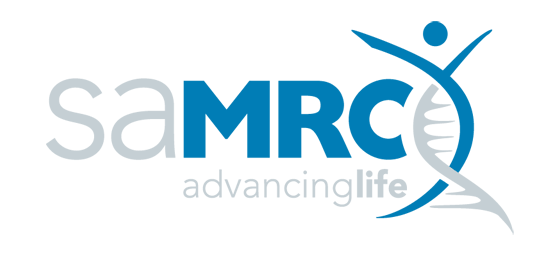Cognitive Training in Patients with Trichotillomania (Hair-Pulling Disorder)**
Cognitive Training in Patients with Trichotillomania (Hair-Pulling Disorder)
Trichotillomania (hair-pulling disorder or HPD) is a condition in which patients engage in recurrent pulling of hair, resulting in hair loss. The negative impact of HPD should not be underestimated. For example, themes that emerged from reports from HPD patients focus on problematic triggering events, negative affect (isolation, embarrassment and shame, anger and frustration fear, guilt, humiliation and pain, body image issues) and control difficulty (self-disclosure, lack of information from the medical community and lack of control). Patients also live with the constant awareness of the impact their difficulty has on self and others in areas of social, occupational, academic and family functioning. Furthermore, patients may avoid accessing health care services due to feelings of shame, which contributes to delays in treatment seeking, incorrect diagnosis and reduced quality of life.
This intervention study will be conducted at the Psychology Department at Stikland Hospital, Bellville. Initially, 40 participants with a diagnosis of HPD will be recruited.
There will be an intervention called cognitive training. Cognitive training is a treatment method that focuses on improving cognitive functions (e.g. memory, attention, concentration, learning, planning). There is evidence to suggest that this method of cognitive training can increase working memory ability. An increase in working memory ability has shown positive effects on other impulse control difficulties (e.g. Attention Deficit Hyperactivity Disorder and Substance Abuse), thus there is reason to think that cognitive training may also be effective for treatment of HPD.
Thus, this study aims to assess whether cognitive training can reduce hair-pulling symptoms. To date, available treatments have not shown long-term reduction of symptoms.
Once referred to the study, the participant will be contacted telephonically and asked a few questions to make sure they are appropriate for inclusion to the study. Then a first contact session will be scheduled where the participant will complete working memory and impulse control tasks and questionnaires to assess their level of functioning before treatment. During the second contact session, the participant will be introduced to the internet-based cognitive training program, which he/she will use, at home, during the next 5 weeks. After completion of the training, a third contact session will be scheduled, during which the participant will complete working memory and impulse control tasks and questionnaires to assess change in hair-pulling symptoms and working memory. A fourth contact session will be scheduled 3 months after completion of the training to assess whether the changes were maintained over a longer period.
All participants will get the same tests. The only difference is that half of HPD patients will receive the real cognitive training program, and the other half will do the placebo training.
If you do qualify for participation, you will be asked to do the following things:
• To attend the 4 contact sessions scheduled with the principle investigator.
• To complete the internet-based cognitive training program – this entails 25 sessions, at home, over a period of 5 weeks.
• To do the training in a quiet environment where you can concentrate.
• To make use of an electronic device, preferably a computer or laptop, that has access to the internet (the whole 5 week program uses about 50Mb of data).
If you want more information or want to participate, please contact: Ms Derine Sandenbergh: (021) 940 4449 / 4504; Derine.Sandenbergh@westerncape.gov.za, or Prof Christine Lochner 021 – 938 9179, e-mail: cl2@sun.ac.za




